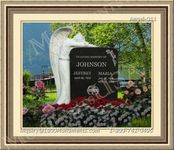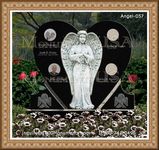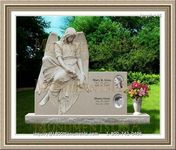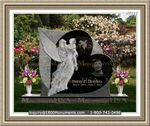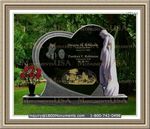|
Basics To Expect When Picking Car Funeral Flags
The passing of a loved ones brings many small details that will need attending. One such situation is getting all mourners from the funerary service location to the place where the body will be interred. Certain protocols are in place to assist with this, including the use of specially designed funeral flags.
The parade of mourners following the remains of an individual from the location of services to the site of interment is known as a procession. In some cultures it consists of people walking and carrying the body to its final resting place, though more commonly it is a line of vehicles. The chain is led by the hearse with the deceased inside.
The processional line up usually begins with the hearse, which transports the body or remains of the one being mourned. Then comes the limousine, or car that holds the deceased's spouse, parents, children or significant other. Next in order are immediate family members followed by all other vehicles carrying mourners.
Though many times funerary processions are granted a police escort to ensure the group travels uninterrupted, additional methods may also be used. Banners, normally supplied by the Home handling the arrangements, are a traditional way to identify those included in the group. There are several different styles available.
Sometimes, wide ribbons are stretched across the hood of each car, identifying the passengers as in mourning. More commonly used are banners flown from flexible plastic rods attached to an automobile's door window. These may also be found with a magnetic base designed to firmly adhere to the metal or vinyl outside of the vehicle.
Products of this type typically stand nearly a foot tall and use flexible staffs to prevent breakage from strong winds. The banners are usually about 6 x 9 inches which makes them easy to see. Color options may vary with some of the more common options being purple, white and orange, all with contrasting crosses centered on them.
|
|























